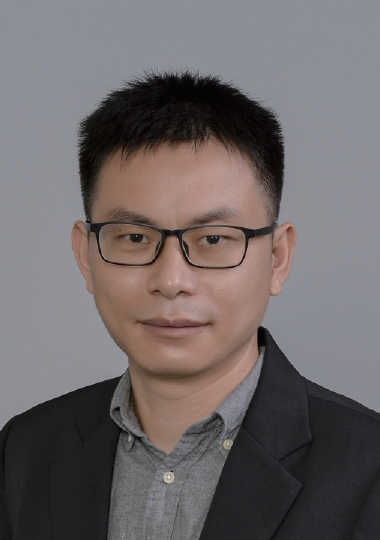Pengru Huang,Konstantin S. Novoselov
Institute for Functional Intelligent Materials, National University of Singapore,
117544, Singapore, Singapore
EXTENDED ABSTRACT: Two-dimensional materials offer a highly promising platform for the next generation of (opto-) electronic devices and other advanced high-tech applications. The controllable introduction of defects allows for the fine-tuning of their properties. However, these materials possess an extensive structural search space, rendering trad山onal trial-and-error experiments and computationally expensive ab-initio calculations inadequate for comprehensive exploration of these structures. Therefore, the efficient prediction of the properties of 2D materials with defects becomes critically important. In this context, we proposed a machine learning approach for predicting the energy and electronic structure of 2D materials with defects. Initially, we established a 2D Material Defect database (2DMD) using high-throughput density functional theory (DFT) calculations. Subsequently, we evaluated the performance of their proposed method in comparison to state-of-the-art approaches. The research results indicate that their approach reduces energy prediction errors by at least 3. 7 times and significantly enhances resource efficiency, surpassing existing methods by an order of magnitude. Our study effectively addresses the challenge of predicting defect properties in 2D materials, offering a novel avenue for materials design and research.
Keywords: 2D materials; defects; high throughput calculations; machine learning;
References
[ l] Pengru Huang, et. al., Unveiling the complex structure-property correlation of defects in 2D materials based on high throughput datasets, npj 2D Materials and Applications 7, 6 (2023).
[2] Nikita Kazeev, et. al., Sparse representation for machine learning the properties of defects in 2D materials, npj Computational Materials 9: 113 (2023).

Dr. Pengru Huang recieved his Phd in condensed matter physics in Yunnan Universtiy 2015. He work as a Senior Research Fellow in Institute for Functional Intelligent Materials in National University of Singapore since 2019. His research interests are to understand, predict and design materials based on a new paradigm of material informatics methods, that is, through a combination of high throughput DFT calculations, data base, and machine learning. He also work closely with experimentalists to understand experimental observations and design mew materials. Dr. Huang has published more than 60 papers with citation of ~ 2000, theoretical or in collaboration with experiments, in journals such as Nature, Nature conununications, Advanced Materials, npj computational materials, and npj 2D materials etc. He has directed three projects granted by the National Natural Science Foundation of China and one by the National Key Research and Development Program of China.
Prof Konstantin S. Novoselov was born in Russia in August 1974. He is best known for isolating graphene at the University of Manchester in 2004, and is an expert in condensed matter physics, mesoscopic physics and nanotechnology. Every year since 2014 Kostya Novoselov is included in the list of the most highly cited researchers in the world. He was awarded the Nobel Prize for Physics in 2010 for his achievements with graphene. Kostya is a director of the Institute for Functional Intelligent Materials and holds a position of a Tan Chin Tuan Cente1111ial Professor at the National University of Singapore. He is also part time Langworthy Professor of Physics and the Royal Society Research Professor at The University of Manchester.He graduated from the Moscow Institute of Physics and Technology, and undertook his PhD studies at the University ofNijmegen in the Netherlands before moving to The University of Manchester in 2001. Later Professor Novoselov joint the National University of Singapore in 2019. Professor Novoselov has published more than 400 peer-reviewed research papers. He was awarded with numerous prizes including Nicholas Kurti Prize (2007),Intemational Union ofPure and Applied Science Prize (2008): MIT Technology Review young i1111ovator (2008), Europhysics Prize (2008), Bragg Lecture Prize from the Union of Crystallography (2011), the Kohn Award Lecture (2012), Leverhulme Medal from the Royal Society (2013), Onsager medal (2014), Carbon medal (2016), Dalton medal (2016), Otto Warburg Prize (2019), John von Neumann Professor from the John von Neuma1111 Computer Society (2022) among many others. He was knighted in 2010 as Knight Commander of the Order of the Netherlands Lion and knighted